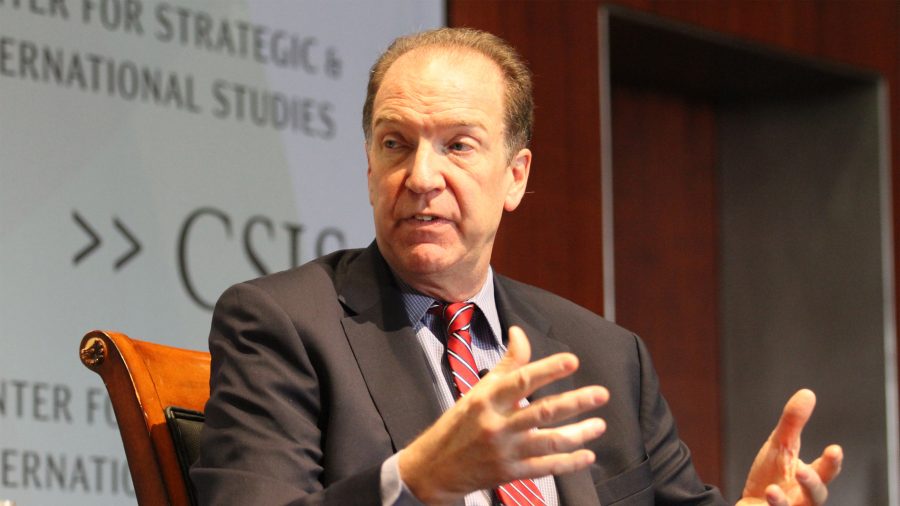The World Bank and its sister organisation, International Monetary Fund (IMF) have forecasted sluggish growth for the Nigerian economy in 2020.
In its January 2020 Global Economic Prospects report, the World Bank forecasted that Nigeria’s economy will further slowdown in 2020 with a growth of 2.1% amidst several policy uncertainties.
On the other hand, the IMF disclosed that Nigeria’s economy will continue its sluggish trend with a 2.5% growth rate in 2020.
Growth in Sub-Saharan Africa and Risks in 2020
According to the IMF, in sub-Saharan Africa, growth is expected to strengthen to 3.5% in 2020–21 (from 3.3% in 2019). The IMF stated that the slow growth forecast for the region reflects downward revisions for South Africa (where structural constraints and deteriorating public finances are holding back business confidence and private investment) and for Ethiopia (where public sector consolidation, needed to contain debt vulnerabilities, is expected to weigh on growth).
[READ: Devaluation: Experts highlight trends clouding Nigerian economy]
Meanwhile, the World Bank disclosed that the growth in the region is projected to stabilize as investors’ confidence in some of the large economies improve and oil production in major oil exporters picks, while activities among exporters of agricultural commodities remain solid.
On the downside, the World Bank stated that Per capita growth will remain below 1%. It added that several downside risks could materialize and these include slower-than-expected growth in major trading partners. Others are episodes of financial stress given rising debt vulnerabilities, disruptions to activity amid increased displacement of populations and growing climate risks.
Also, the global lender stated that Insecurity, conflicts, insurgencies and food security would weigh on economic activities of several economies like Burkina Faso, Chad, Ethiopia, Mali, Niger, and Nigeria.
Nigeria’s policy environment remains unconducive
According to the World Bank, activity in Nigeria is lackluster, as both macroeconomic policy and the business environment remain unconducive to strong domestic demand.
The financial institution stated that the growth of Nigeria, Angola and South Africa (the three largest economies in the region) were subdued in 2019, below historical averages and contracting for a fifth consecutive year on a per capita basis.
In its report on Nigeria, it said, “Growth in Nigeria is expected to remain subdued. The macroeconomic framework – characterised by multiple exchange rates, foreign exchange restrictions, high persistent inflation, and a central bank targeting manifold objectives – does not provide a firm anchor for confidence.
[READ: Devaluation: Experts highlight trends clouding Nigerian economy]
“Growing uncertainty about the direction of government policies is expected to further dampen the outlook. Growth is projected to remain broadly unchanged, rising only to an average of 2.1% in 2020-22.”
“This is weaker than previous projections, reflecting softer external demand, lower oil prices, and a slower-than-previously-expected improvement in oil production in view of the lack of the much-needed reforms.”
The world Bank had earlier warned that Nigeria may fall back into recession, highlighting conditions that may drag the nation’s economy into the downturn witnessed in 2016. The bank disclosed in its Economic Update for Nigeria that a decline in oil prices to the levels seen in 2016 would significantly reduce growth, potentially leading to another recession in Nigeria.
